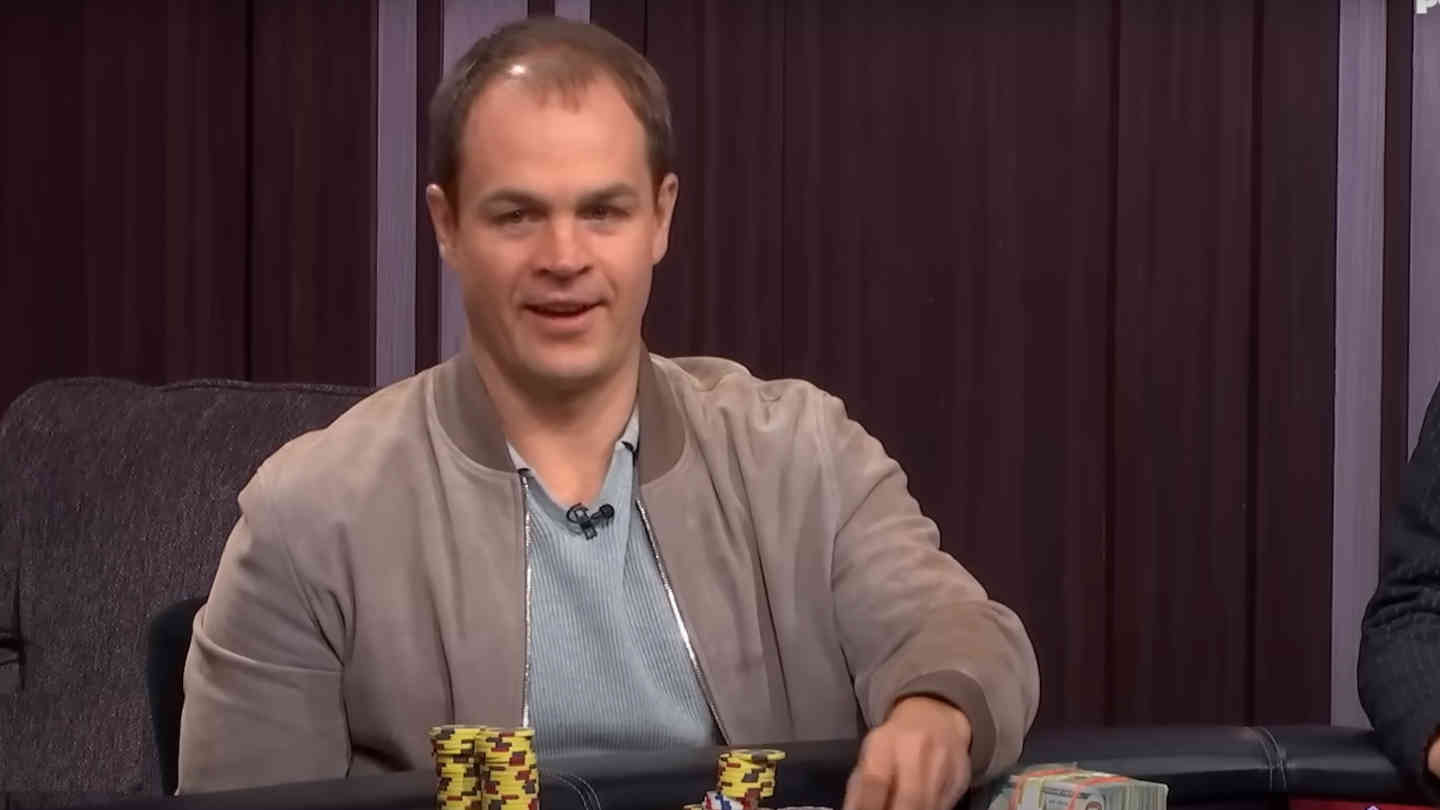Why a Good Poker Strategy Can Be Crucial to Success

3 minutes
Last Updated: August 9, 2023
Poker is such a multi-faceted game. It has elements of skill, luck, emotions, and psychology, which is what makes it so popular with millions of people worldwide.
Poker can be a fun pastime and you don’t have to take it too seriously. You can simply enjoy the thrill of playing without focusing too much on the results. If, however, you want to be a long-term winner, the importance of a good strategy can’t be overstated.
Learning the basics is easy. There are countless places where you can find the rules and list of poker hands to get your foundations in order. Beyond that, however, those who put in the work are usually the ones to succeed.
Why Is Strategy So Important in Poker?

Many people still believe poker to be a game of pure luck, but they’re mistaken. It has been proven time and time again that the skill element is what matters the most in this game, and the most skillful players continue to post the best results.
If you don’t have a solid strategy for whatever poker variation you choose, you can’t expect long-term success. Anyone can get lucky in a single session, and anyone can win a tournament or two, but if you play long enough without a good strategic plan, you’ll end up broke.
There are many different approaches to the game, and there is no absolute consensus on which one is the best. The important thing is you pick one that perhaps fits your general playing style and take the time to learn it.
This alone will put you hundreds of lightyears ahead of those players who sit down without any plan and just hope that cards fall their way.
A good poker strategy provides you with all the answers you need. It tells you when to fold and when to raise before the flop. It allows you to navigate different board textures to win bigger pots or minimize your losses in tricky situations.
The more you learn, the better your results will be, guaranteed! You’ll still make mistakes, but they’ll be fewer and less impactful, and all this adds up over time.
Pick the Right Strategy for You

I won’t go into all the different poker strategies out there in this article, nor will I go into the whole GTO vs. exploitative play debate. There are plenty of resources on this site and elsewhere, and I’d strongly suggest doing some reading and watching some videos before picking a strategy to go with.
However, after doing your research, you should pick an approach that goes well with your natural tendencies. If you’re a risk-averse person by nature, I’d suggest avoiding high-variance strategies, which often have great long-term results, but also come with some hefty short-term swings.
Likewise, if you enjoy taking risks and pulling bluffs, find a strategy that relies more on these particular aspects. A tight approach that revolves around nut-pedaling will likely bore you, and you won't be able to enjoy the game, which, on its own, will have adverse effects on your results.
The good news is, poker is such a rich and versatile game that you’ll find many different approaches that work. And, as you learn and become better, you’ll be able to introduce some tweaks of your own, based on your experience, the types of players you play against regularly, etc.
Good Strategy Is Key to Winning
Many beginners make the mistake of going with the flow and just accepting common myths and beliefs about poker. That’s because you’ll encounter a lot of amateurs who have been playing for years, but who’ll still tell you that “it’s all luck” and that every hand is a coin flip – you either win or lose.
You can approach poker this way as well but understand that, in the long run, you’ll be the one donating money to the players who actually take the time to learn a proper strategy.
It doesn’t even take that long to learn some strategic basics and understand concepts such as pot odds, implied odds, and poker equity. And yet, even learning these very basic things will significantly increase your winning chances as you take the first steps on your poker journey!


















